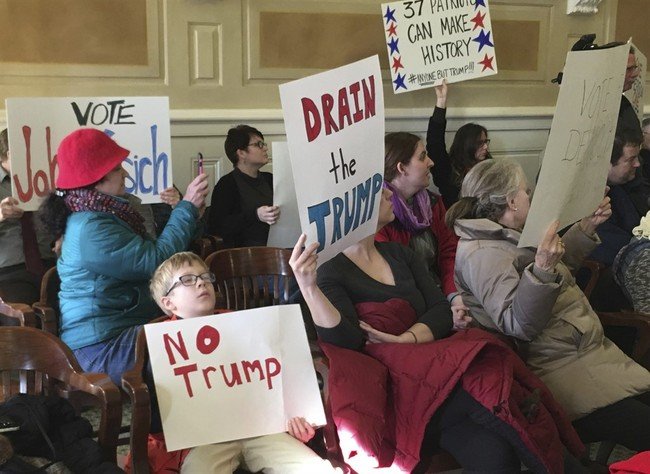Last week, the Ohio House of Representatives Civil Justice Committee unanimously passed legislation that would strengthen the state’s name, image and likeness law.
House Bill 660 would codify Ohio Gov. Mike DeWine’s recent executive order allowing colleges and universities to compensate student-athletes directly rather than involving third parties.
“After looking at other states, especially the SEC, we should re-codify and strengthen the Governor’s Executive Order to eliminate red tape, legislative issues and legal issues so our athletes can be successful.” State Rep. Adam Mathews, R-Lebanon, said in his sponsor testimony.
Mathews and state Rep. Jay Edwards, R-Nelsonville, introduced HB 660 in September and it quickly passed through the Civil Justice Committee. The bill now goes to the Rules and References, where it could be put to a vote in the House as early as this week. The Ohio House is in session on Tuesday and Wednesday.
Any bill that is not passed after the General Assembly ends at the end of this month will expire and will have to be reintroduced at the next General Assembly.
HB 660 would authorize a university to compensate a student-athlete for the exploit of their NIL, allow student-athletes to obtain professional representation from an agent or attorney, and clarify existing law that a student-athlete is not an employee if he or she is compensated for the exploit of their NIL.
“This bill sends a strong message that Ohio State will continue to be a leader in college athletics – I have talked to many of my Ohio AD colleagues and they feel the same way.” Ohio State athletic director Ross Bjork said in his testimony.
Bjork confirmed this to the media in the summer Ohio State players received approximately $20 million in NIL over the last year.
Regardless of these regulations, student-athletes continue to receive compensation.
“The question is whether we should continue to force our universities to face unnecessary obstacles to ensure this happens fairly and effectively,” Edwards said in his sponsorship testimony. “By streamlining the NIL process, this legislation ensures that universities will not be forced to jump through bureaucratic hoops to support the athletes who so proudly compete for them.”
This is not the first executive order DeWine has signed regarding NIL. He signed one in June 2021 that allowed student-athletes to exploit their name, image and likeness through endorsements and other agreements after the U.S. Supreme Court ruled that the NCAA could not legally limit any education-related payments to students .
State Rep. Brian Stewart, R-Ashville, recently introduced another NIL bill last month that would make it impossible for a student-athlete’s NIL contract to remain in place once the athlete finishes participating in college athletics.
House Bill 687 would also prohibit an athlete’s agent from contracting to represent a student-athlete for NIL contracts if the athlete is no longer eligible to play varsity sports.
“The effect of this is that NIL college contracts will not be permitted to contain any terms binding on an athlete’s future professional earnings,” Stewart said in his sponsorship affidavit. “No university agreement should require a student-athlete to pay a percentage of his or her future earnings to the university’s supporting foundations.”
A U.S. District Court recently gave preliminary approval to a settlement that will begin distributing millions of dollars directly to student-athletes next fall. A final decision is expected to be made on April 7, the same day as the NCAA men’s basketball national championship.
Follow the OCJ reporter Megan Henry on X
YOU MAKE OUR WORK POSSIBLE.


